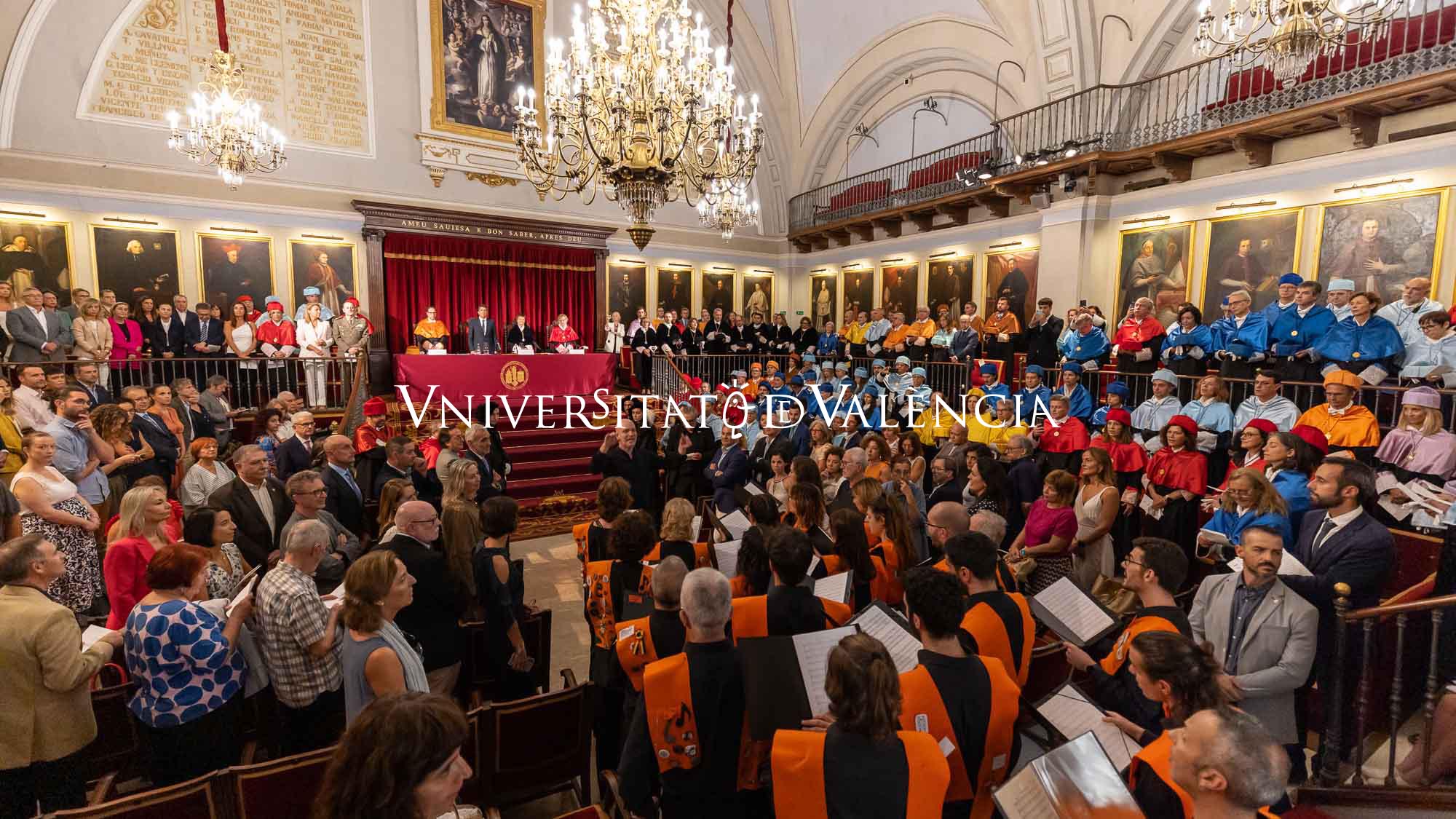
The Universitat d’Estiu of Gandia has introduced on Thursday 21 July, two new courses: ‘Territory and power’ carried out by Vice-Dean in the Faculty of Geography and History, Antonio Ledo; and Manuel Ruzafa, from the Department of Medieval History and Historiography Sciences and Techniques; and ‘Neuro-happiness: Psychobiology of Emotions’, by Raúl Espert, professor of Psychobiology in the Universitat de València.
Researchers Ledo and Ruzafa concurred regarding the importance of a historical review to understand the current territorial situation and its connection with power.
Ruzafa insisted on the capacity of “forces” to agglutinate human communities which, at the same time, are defined by means of the articulation of their own space. “In order to understand this connection, throughout the course, we will define a series of concepts from the bottom, such as “city or village”, to the upper territorial units, such as the Spanish Monarchy, for instance”, he explained.
The course pays close attention to the national articulation following on from the 19th century concept of “nation” and how it has been able to articulate these centres through general awareness. “An interaction between the collective mind of our closest surroundings and a broader overview is produced”, he added.
For his part, Vice-Dean Antonio Ledo expressed his vocation for the analysis of the different territorial scales (cities, regions or empires) and the use of examples from our surroundings. “We will analyse particular cases of the Valencian territory; of capturing surrounding areas, such as regions and towns; and the particular case of the city of Valencia”, he pointed out.
“In order to take part in these courses, previous knowledge is not required since it is intended for the general public. Only a minimum of interest for the cultural and territorial aspects is required”, Ledo explained. Among the participants enrolled, from diverse professional fields, alumni from the Faculty of Geography and History stand out particularly.
Psychobiology to understand Neuro-happiness
On the other hand, Raúl Espert, professor of Psychobiology in the UV, highlighted the importance of learning to distinguish between basic emotions throughout positive psychology.
The course, which helps students to identify the emotions and feelings for personal well-being research, addresses the aspects of happiness and psychological well-being, such as the human strength and virtues, that traditional psychology until the 1990s had left aside, focusing instead in the negative and pathological aspects of the human. “For a long time, psychologists helped us to identify a pathology, but what happened with people that is happy was not told”, he added.
Professor Espert pointed out that despite being Nordic countries the ones with greater degree of happiness, population in Spain is found to be “moderately happy” in spite of the current social and economic situation. According to Espert, its the people practising professions related to dedication and commitment to others the ones with greater degrees of personal happiness. “By contrast, politicians are found in the last positions of the ranking due to the uncertain and unsafe situations they face”, he explained.
“The fact that we live in the outside world, instead of in our inner world, contributes to improve our well-being and satisfaction level. Happiness is the capacity to empathise with the others and to give to one another. This is the attitude that make us feel happy. Unexpected gifts, being altruistic and empathise are the keys to happiness”, he stated.
The course, taking place on 21 and 22 July, has been one of the most requested among the students, with 52 registered participants and more than hundred people on the waiting list.
More information:
www.uegandia.es
Last update: 22 de july de 2016 08:53.
News release















